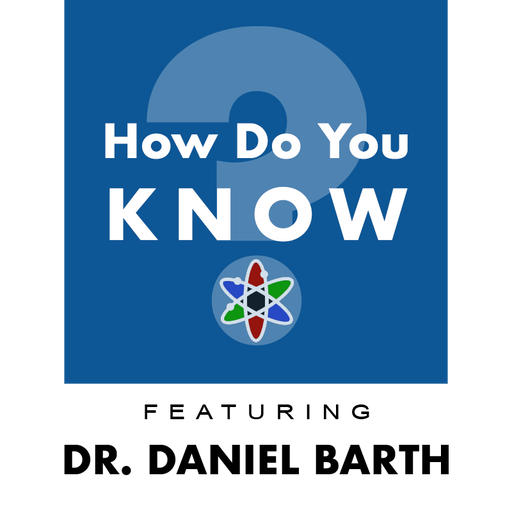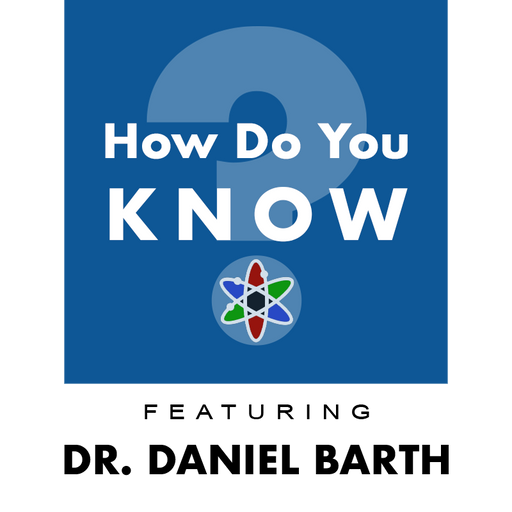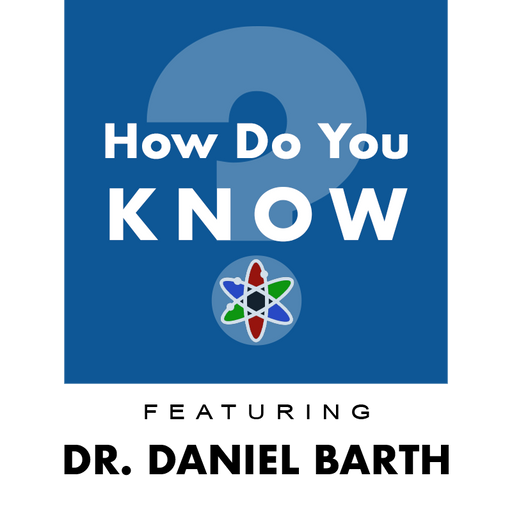
Still looking for that perfect gift?
Let them build their own adventure with a gift card from Explore Scientific!
 Save $ 0.00
Save $ 0.00
Save $ 0.00
Save $ 0.00
The universe has always been mysterious and strange to us, but in fact it may be stranger than we can ever fathom. In this episode of How Do You...
View full details Save $ 0.00
Save $ 0.00
Save $ 0.00
Save $ 0.00
In the second part of Dr. Barth's discussion on dark matter, he touches on why did galaxies form, the missing matter problem, and the Great Attr...
View full details Save $ 0.00
Save $ 0.00
Save $ 0.00
Save $ 0.00
Dr. Barth elaborates on one of the persistent problems with standards-based STEM curriculum is the emphasis upon the Learn, Believe, Repeat met...
View full details Save $ 0.00
Save $ 0.00
Save $ 0.00
Save $ 0.00
In this episode, Dr. Barth discusses the the difference between persuading someone to accept your opinion in an argument and arguing from eviden...
View full details Save $ 0.00
Save $ 0.00
Save $ 0.00
Save $ 0.00
The creation of Earth's Moon is an age old question. There are pre-Apollo mission theories, of which three of the most popular ones will be d...
View full details Save $ 0.00
Save $ 0.00
Save $ 0.00
Save $ 0.00
It's estimated that we will colonize Mars by 2050. The challenges to make it happen are daunting. Dr. Barth touches on some of the problems tha...
View full details Save $ 0.00
Save $ 0.00
Save $ 0.00
Save $ 0.00
Dr. Daniel Barth returns with the 33rd episode of 'How Do You KNOW?' to discuss the Three Ring Theory that explains the formation of our solar s...
View full details Save $ 0.00
Save $ 0.00
Save $ 0.00
Save $ 0.00
Dr. Daniel Barth gives us an overview of and will answer your questions about the James Webb Space Telescope in this 34th Episode of How Do You ...
View full details Save $ 0.00
Save $ 0.00
Save $ 0.00
Save $ 0.00
Dr. Daniel Barth gives us an overview of and will answer your questions about Lagrange Points in this 35th Episode of How Do You KNOW? https://e...
View full details Save $ 0.00
Save $ 0.00
Save $ 0.00
Save $ 0.00
Dr. Daniel Barth gives us an overview of and will answer your questions about what happens When Asteroids Strike in this 36th Episode of How Do ...
View full details Save $ 0.00
Save $ 0.00
Save $ 0.00
Save $ 0.00
What happens when the sun releases energy to create prominences, flares, mass ejections, and tsunamis, and how can those events affect us on ...
View full details Save $ 0.00
Save $ 0.00
Save $ 0.00
Save $ 0.00
In order to unlock the mysteries of the corona, but also to protect a society that is increasingly dependent on technology from the threats of s...
View full details Save $ 0.00
Save $ 0.00
Save $ 0.00
Save $ 0.00
Today, astronomers and researchers, both professional and amateur, have unprecedented access to online science data, allowing a greater unders...
View full details Save $ 0.00
Save $ 0.00
Save $ 0.00
Save $ 0.00
Dr. Barth elaborates on one of the persistent problems with standards-based STEM curriculum is the emphasis upon the Learn, Believe, Repeat methodo...
View full details Save $ 0.00
Save $ 0.00
Save $ 0.00
Save $ 0.00
The first positive detection of water ice on Mars was from the Phoenix Lander that scraped away some surface dust to reveal pristine ice belo...
View full details Save $ 0.00
Save $ 0.00
Save $ 0.00
Save $ 0.00
Humans have been obsessed with the measurement of time perhaps as far back as 100,000 years ago. Dr. Barth guides us through evidence of meas...
View full details Save $ 0.00
Save $ 0.00
Save $ 0.00
Save $ 0.00
Stromatolite fossils are a dominant record of life for most of Earth’s history prior to the appearance of complex, multicellular organisms. S...
View full details Save $ 0.00
Save $ 0.00
Save $ 0.00
Save $ 0.00
In 2019, NASA announced that an international team had found sugars essential to life in meteorites. The discovery added to the growing list o...
View full details Save $ 0.00
Save $ 0.00
Save $ 0.00
Save $ 0.00
Aside from Earth, Mars is the most studied ecosystem by scientists today. With the process of collecting data from rovers and orbiting satelli...
View full details Save $ 0.00
Save $ 0.00
Save $ 0.00
Save $ 0.00
This is part one of a two-part program on the Hubble Constant and the controversy about different values for this keystone unit of measurement. In...
View full details Save $ 0.00
Save $ 0.00
Save $ 0.00
Save $ 0.00
This is part two of a two-part program on the Hubble Constant and the controversy about different values for this keystone unit of measurement. In...
View full details Save $ 0.00
Save $ 0.00
Save $ 0.00
Save $ 0.00
One of the great problems with teaching visual astronomy, or introducing anyone new to the activity, is simply the great number of images that we a...
View full details Save $ 0.00
Save $ 0.00
Save $ 0.00
Save $ 0.00
Planetary nebulae are some of the most beautiful and intriguing deep sky objects in the Milky Way. They reveal the expanding, glowing shells of th...
View full details Save $ 0.00
Save $ 0.00
Save $ 0.00
Save $ 0.00
From its discovery in 1846 until Clyde Tombaugh's discovery of Pluto in 1930, Neptune was the farthest-known planet. Now with the controversial re...
View full details
Let them build their own adventure with a gift card from Explore Scientific!
